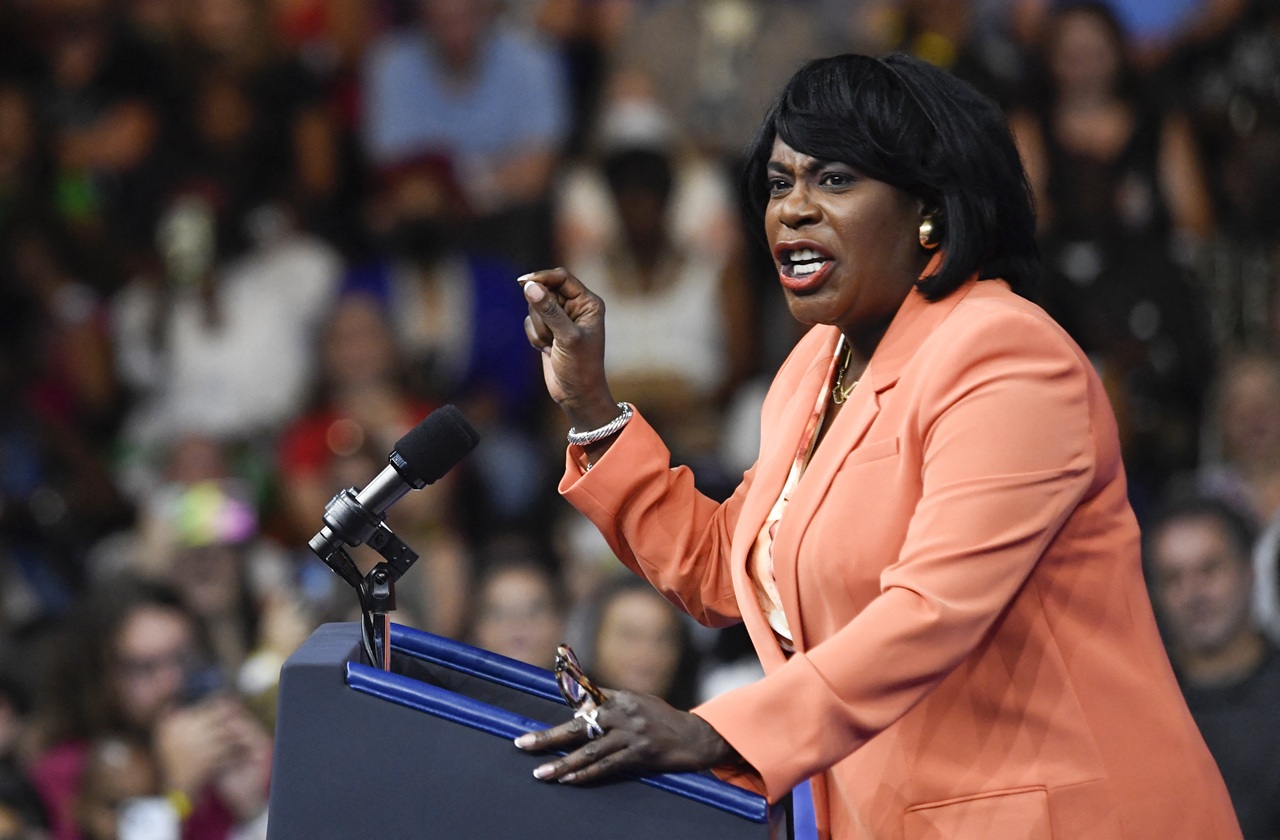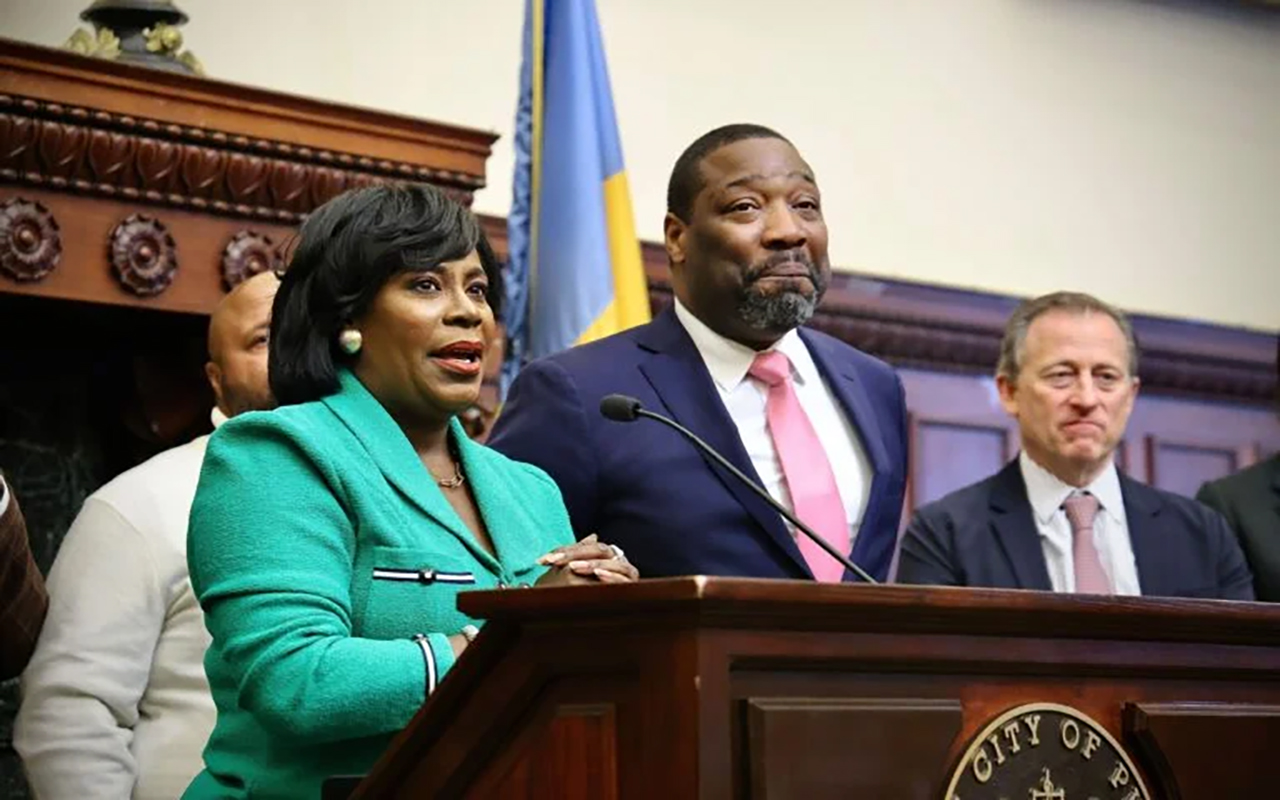
Equal pay for everybody?
Philadelphia’s new wage equality law is set to take effect this week, despite backlash from the business community. But questions have arose as to who the law…
On May 23rd, Philadelphia’s Wage Equality bill is set to take effect. A step towards wage equity that no other city in the nation has taken, the law bans employers from asking potential hires for their salary history.
The ordinance was passed unanimously by City Council in December, where supporters claimed that since women have historically been paid less than men, the practice of asking for a salary history can help perpetuate a cycle of lower salaries for women, continuing throughout their careers.
The bill- sponsored by Councilman Greenlee - was signed into law in January, but not immediately met with the most welcome arms from the business community. Entities such as Comcast lobbied against the bill, stating that it may not solve the problems of differences in pay by gender.
The Greater Philadelphia Chamber of Commerce threatened to file a suit against the bill, stating that the action in question would not directly solve differences in earnings by sex and that it went beyond the city’s legal scope by dictating how companies can qualify new hires.
The chamber was unavailable for a comment before the publishing of this article.
Mayor Kenney told the Philadelphia Inquirer in January, "This doesn't need to be an either/or argument — what is good for the people of Philadelphia is good for business, too."
But not everyone agrees. Miguel Estrada, an attorney hired by Comcast for the case told Philly.com, “There is no evidence that even if this question were forbidden it would significantly and materially, and those are the words of the Supreme Court, contribute to end the problem in question,” Estrada said.
Philadelphia’s legislation is unique as only two states in the country have similar legislation, Massachusetts and California, with New York City and Washington, D.C. following Philadelphia’s lead. Inspired by the Massachusetts legislation, the Philadelphia law will go into effect before it, as the Massachusetts bill won’t go into effect until the summer of 2018.
With women making less to the dollar than men across the nation, many believe this legislation is not needed but a step in the right direction.
In Philadelphia, white women are paid 79 cents to the dollar, African-American women are paid 68 cents to the dollar, Latina women are paid 56 cents to the dollar, and Asian women are paid 81 cents to the dollar.
The numbers are unsurprising, though there are many factors that go into the gender earning gap, everything from field, earning history, and actual gender bias factor into how much a woman earns in comparison to her male counterparts.
RELATED CONTENT
Professor of Sociology and Women’s Studies at Temple University, Judith Levine spoke about the possible effects of the bill and who it will - and won’t- help.
“I think it’s a great law [but] I don’t think it’s going to do everything [...] I do think this is a law that is going to have bigger effects for professional employees rather than low wage employees,” said Levine.
Levine stated that this fact is simply because hourly rates for low wage earners are not subject to much change or differentiation while salaries change greatly.
But in terms of the impact on professional salaries, Levine states that the law’s impact could be significant simply by preventing women from having to do the heavy work of bringing their earnings to par with their male counterparts. “A lot of research shows that women are devalued in the labor market and so they’re offered lower salaries. Women also tend not to bargain as much as men around the salary, and when they bargain they’re perceived differently. [...] They’re seen as pushy or inappropriate.”
For those three reasons, Levine states, women earn less, often for similar jobs. But Levine is sure to insist that low earnings to the dollar between men and women are due to many factors,
“There are also a lot of causes of inequality between men and women in wages in the labor market that don’t have to do with starting salary and negotiation and the biggest one is sex segregation in occupation. Men and women do different kinds of work and are socialized to do different kinds of work.”
But this fact is not to say that women don’t earn less than men for the same work in the same field.
The American Association of University Women conducted a study in 2013 that found that women get paid 6.6 percent less than men in their very first jobs. The numbers withstand even when controlling for personal demographics, occupation, college major, hours worked, and location, leading all to conclude that gender was the source of difference in earnings.
So while the bill may only apply to professional women and not low wage earners, the bill is attempting to close a very real gap in earnings and could lead to real change. “I know there’s not a long enough history of this legislation to know what the effects are [...] I don’t know how someone could claim it would not have an effect. There’s every reason to believe it would,” said Levine.











LEAVE A COMMENT: